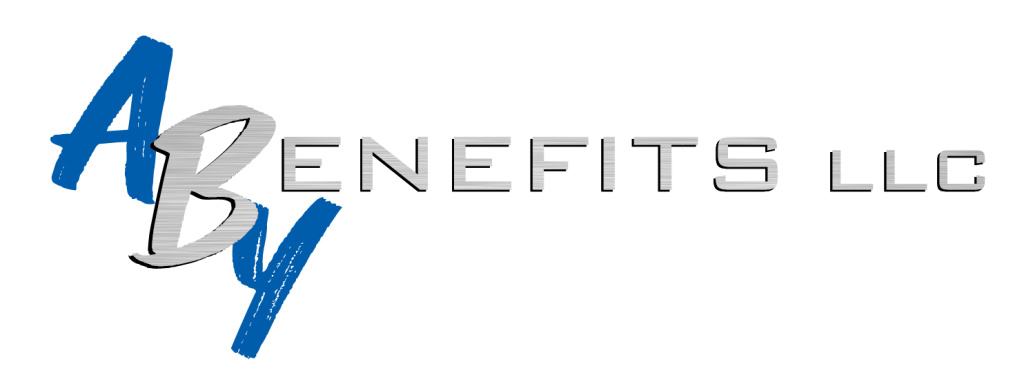When an Applicable Large Employer (ALE) fails to comply with their ACA reporting requirement, they will then be subject to various penalties. These penalties apply both for not providing forms timely to employees as well as not filing timely to the IRS.
The penalties are as follows:
- Did you fail to file a return, and on-time? The penalty will be $250 for each return up to a maximum of $3,000,000.
- Did you fail to provide your employees with their statements, and on-time? The penalty will be $250 for each return up to a maximum of $3,000,000.
If there ever is intentional disregard of the requirement to provide employee statements, the total penalties stand to be increased from the base fines listed above.
The waiver of penalty and special rules under section 6724 and the applicable regulations, including abatement of information return penalties for reasonable cause, may apply to certain failures under section 6721 or 6722.


